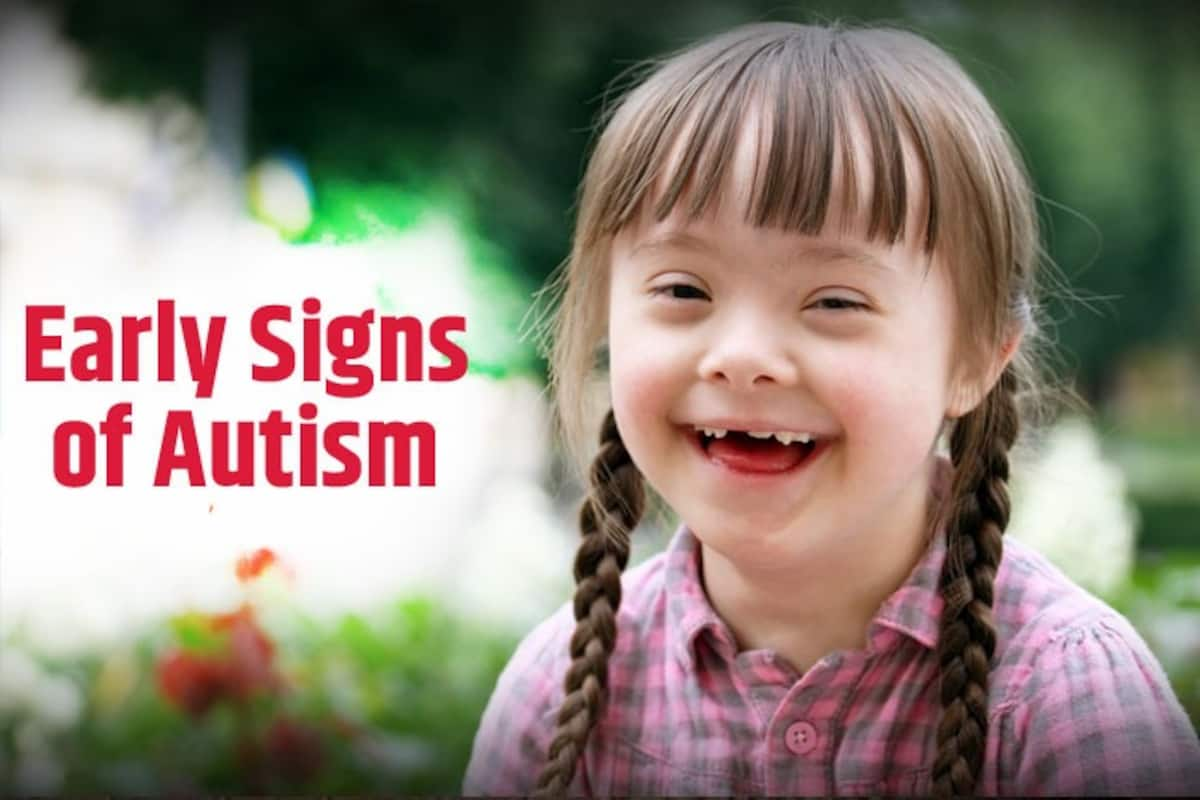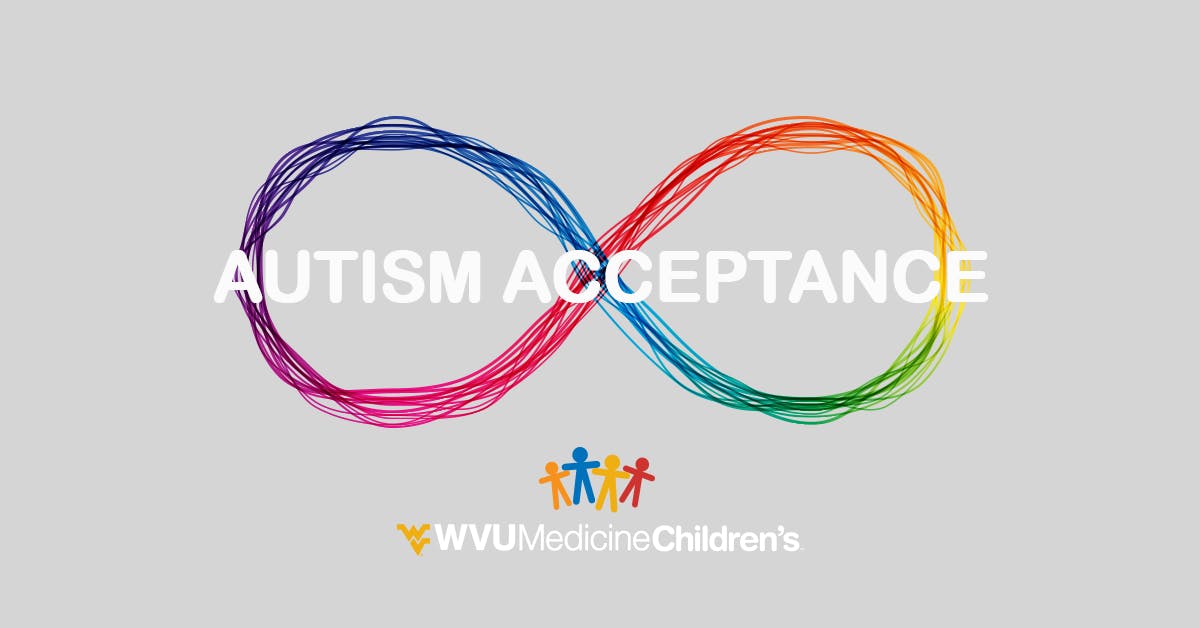The Impact of Early Intervention on Kids with Autism: What Moms And Dads Required to Know
The Impact of Early Intervention on Kids with Autism: What Moms And Dads Required to Know
Blog Article
Understanding Autism: A Comprehensive Overview to Symptoms And Signs
Autism Range Condition (ASD) incorporates a vast range of qualities that can substantially influence an individual's social interactions and daily functioning. Understanding these nuances not only aids caregivers and educators in offering proper assistance yet additionally cultivates an extra comprehensive setting for people with ASD.
Review of Autism Range Condition
Specifying Autism Range Problem (ASD) entails identifying it as an intricate neurodevelopmental problem identified by an array of difficulties in social communication, communication, and behavioral patterns. The term "spectrum" reflects the wide variability in signs and symptoms and their extent, which can vary substantially from one individual to one more. ASD generally manifests in early childhood, although some people might not receive a diagnosis till later on in life.
Elements influencing the growth of ASD consist of ecological elements and genetic proneness, although the precise causes continue to be under examination. Diagnosis often counts on behavior evaluations, as there are no definitive clinical tests for ASD. Early treatment is important and can considerably boost results, focusing on boosting interaction skills, social interactions, and flexible actions.
People with ASD may additionally display unique toughness, such as outstanding attention to information or particular areas of know-how. Recognizing the complex nature of ASD is crucial for cultivating a comprehensive atmosphere that suits neurodiversity. Continued research is crucial for developing reliable treatments and support group, making it possible for individuals with ASD to thrive and satisfy their possible within society.
Typical Indicators of Autism
Recognizing the typical indicators of Autism Spectrum Condition (ASD) is essential for early identification and treatment. These indicators can vary widely in intensity and discussion, but specific features are frequently observed in individuals with ASD.
One of the most common indicators is a significant difficulty in establishing and preserving eye call. Individuals may also exhibit limited interest in social interactions and reveal a choice for solitary play. Recurring behaviors, such as hand-flapping, rocking, or spinning objects, commonly arise early in childhood years. Additionally, some children may develop rigorous regimens and become distressed if these regimens are disrupted.
Sensory level of sensitivities are also typical; individuals may underreact or panic to sensory stimulations, such as lights, appearances, or audios. autism. Language growth can be irregular, with some children exhibiting postponed speech or utilizing language in unusual methods, including echolalia-- duplicating expressions or sentences heard in other places
It is necessary to keep in mind that not every individual with ASD will certainly show all these signs, and the degree of these behaviors can vary substantially. Early recognition enables prompt support and sources, improving the lifestyle for those on the range.
Social Communication Obstacles
Social communication obstacles are a trademark of Autism Spectrum Condition (ASD), impacting a person's ability to involve efficiently with others. These difficulties can materialize in various ways, consisting of difficulties in launching and preserving discussions, comprehending social signs, and responding suitably in social interactions.
People with ASD might fight with nonverbal communication, such as eye call, faces, and body movement. This can lead to misconceptions, as their communicative intent might not be properly analyzed by others. They might locate it difficult to comprehend the subtleties of tone and context, which are important for efficient interaction.
In team settings, individuals with ASD might really feel overwhelmed and may not understand just how to sign up with in conversations (autism). They might likewise exhibit irregular conversational patterns, such as monologuing concerning specific rate of interests without acknowledging social reciprocity
In addition, these challenges can result look at this web-site in social isolation or problems in developing partnerships, as peers may misinterpret their habits or communication design. Comprehending these social interaction obstacles is crucial for promoting helpful atmospheres that advertise social abilities advancement and boost the top quality of communications look these up for people on the autism range.
Sensory Responses and sensitivities
Numerous individuals with Autism Range Disorder (ASD) experience enhanced sensory level of sensitivities that can considerably impact their day-to-day lives. A person with ASD may find daily sounds, such as a vacuum cleanser or crowded atmospheres, overwhelmingly traumatic, leading to anxiousness or crises.
Sensory handling distinctions in individuals with ASD can likewise affect their capacity to engage in routine tasks and social interactions. A youngster that is delicate to touch may withstand physical love or prevent specific clothing textiles. Additionally, a choice for sure textures or tastes can restrict dietary choices and produce obstacles during mealtimes.
Understanding these sensory sensitivities is necessary for recognizing the distinct experiences of individuals with ASD. Recognition of their sensory profiles can cultivate much better interaction and support techniques, producing an environment that suits their needs and boosts their high quality of life. Ultimately, recognizing sensory sensitivities is a crucial element of comprehending the broader range of autism.

Supporting People With Autism
Reliable assistance for people with Autism Range Problem (ASD) is essential for boosting their total well-being and fostering independence. Assistance strategies should be tailored to meet the distinct requirements of each individual, considering their toughness and obstacles.

Social abilities training can also play a pivotal duty. autism. Involving individuals in group tasks or role-playing circumstances can enhance their capability to browse social communications. In addition, it is important to enlighten family members, caretakers, and peers about ASD to promote a supportive and inclusive neighborhood
Final Thought
By fostering boosted interaction and social skills, people with autism can navigate their settings a lot more successfully. Inevitably, enhanced awareness and assistance can substantially enhance the high quality of life for those affected by ASD.
Autism Range Disorder (ASD) includes a vast array of attributes that can considerably affect a person's social communications and day-to-day performance.Individuals with ASD might struggle with nonverbal interaction, such as eye contact, face expressions, and body language.Many individuals with Autism Range Condition (ASD) experience enhanced sensory level of sensitivities that can considerably influence their day-to-day lives.Sensory processing differences in individuals with ASD can additionally affect their ability to engage in regular tasks and social communications.Recognizing these sensory level of sensitivities is essential for recognizing the one-of-a-kind experiences of people with ASD.
Report this page